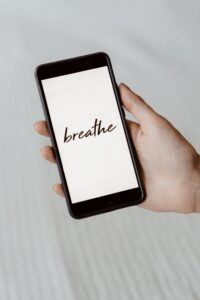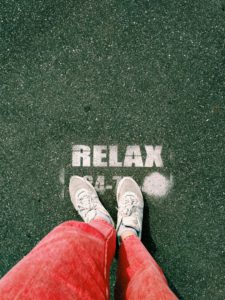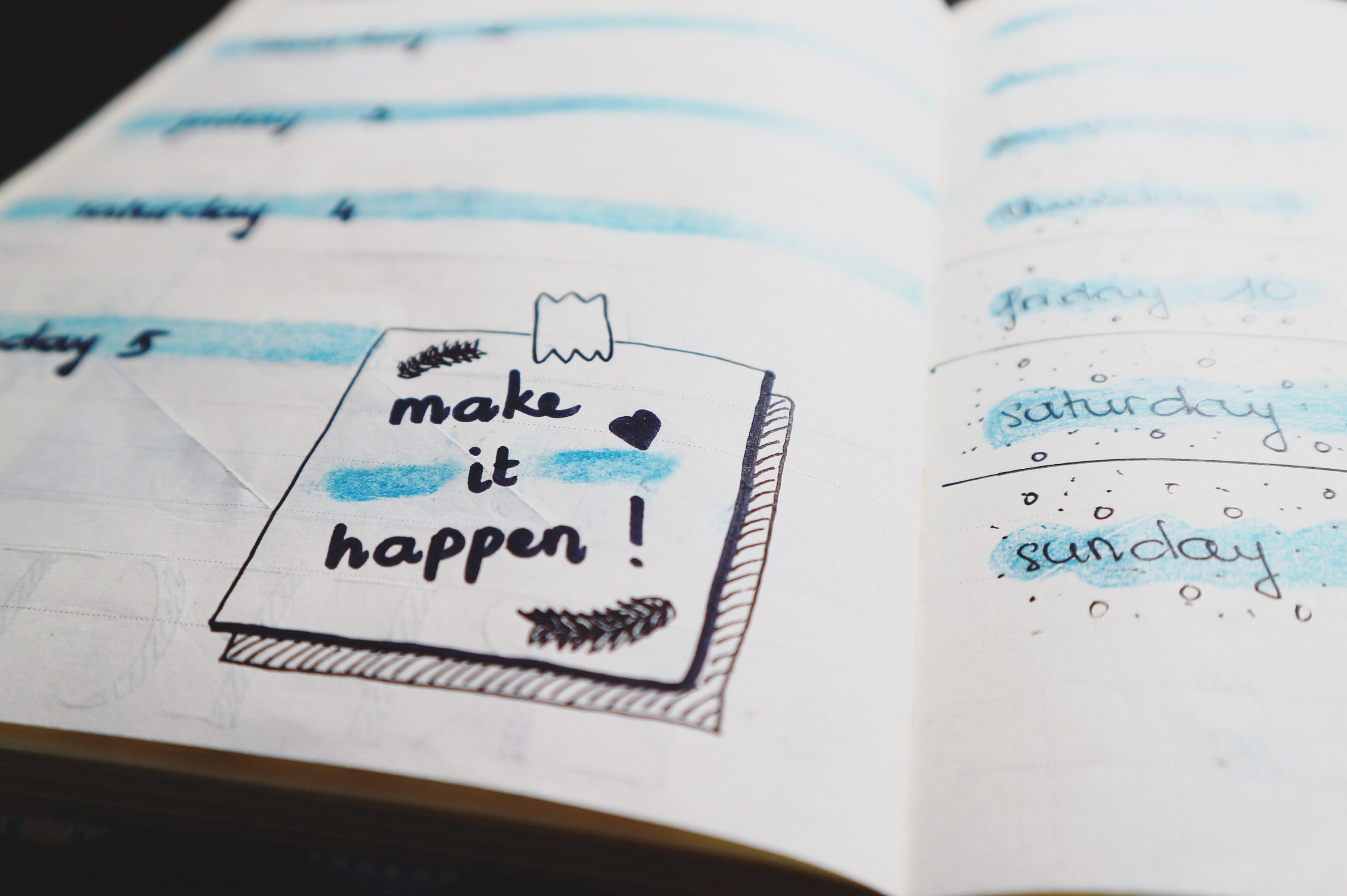When you are heading out for a run, while your mind is still stressed about the busy day you’ve had, it may feel hard to “empty your head”. You are tired, irritable, a bit cranky even. And the run itself might even lack the performance and doesn’t feel enjoyable either. Focussing on your breathing and controlling it, will help you out!
 The impact of increased stress levels in the brain
The impact of increased stress levels in the brain
When your mind is stressed, your body can’t perform well. It will make your energy level low, which will not motivate you to be physically active. Instead of going for a run, you might feel more in the mood for a Netflix movie with unhealthy snacks instead.
 Breathing frequency
Breathing frequency
The number of breaths (1 inhalation plus 1 exhalation) per minute is called your breathing frequency. When sitting or laying down, while doing nothing at all, 6-10 breaths/min would be sufficient to provide the body with the oxygen it needs. At this breathing frequency, you feel fully relaxed in body and mind.
At the start of a run, your breathing frequency ideally should be lower than 14, in order to experience a relaxed workout, that will help you clear your mind and release the stress of the day.
Stress = faster breathing
An increase in physical activity (physical stress), for example, when running faster, will automatically raise both your heartbeat and your breathing. Over-active brains will do the same thing: if you feel mentally or emotionally stressed, you’ll breathe more frequently.
 Breathing frequency impacts your run
Breathing frequency impacts your run
At the end of a stressful day at work and lots of busy traffic, your breathing frequency may have gone up to 26 times per minute. If you decide to take off running immediately, your heart rate will rise quickly and you will breathe faster than necessary. The run may feel more challenging, and it will be quite hard to clear your mind during the workout.
 Slow breathing is key
Slow breathing is key
To start off at a better energy level, you should slow down your breathing frequency before your run, as this will ease your mind and prepare your body for the workout. You will experience a much more relaxed and enjoyable run! 
Breathing exercise – before your run
Take 2-4 minutes of time to slow down the breathing before you start your workout.
- Find a quiet spot (or simply sit in your car).
- Close your eyes.
- Focus on every inhalation and exhalation.
- If you can, keep your mouth closed and breathe in and out through your nose only. (this helps the slowing process).
- Slow down the breathing as much as possible.
- Counting your breaths will help you stay focused on the breathing instead of other, distracting thoughts (like your to-do-list).
- Count to 20 breathes or continue this exercise until you feel your body and mind feel calmed-down.
- Now go for your run!
 Emptying the Head? Run slowly!
Emptying the Head? Run slowly!
In order to “empty the head”, it’s beneficial to maintain slow breathing during your run. This means you will have to adjust your pace or running tempo accordingly. You may notice that if your pace is too high, or if you are getting physically tired, the heart rate will rise, and keeping the breathing slow will become more challenging. You should run slower if you notice that talking in full sentences isn’t doable anymore.
 Nose breathing and extended exhalation
Nose breathing and extended exhalation
To maintain breathing slow and controlled during your run, try to keep your mouth closed and breathe through your nose only. Inhalation and exhalation. When you notice that you will need to switch from nose to mouth breathing, it means you’re running too fast.
 If you find 100% nose-breathing too difficult, try to just inhale through your nose, and exhale through just a small lip opening.
If you find 100% nose-breathing too difficult, try to just inhale through your nose, and exhale through just a small lip opening.
Try to prolong exhalation to a longer duration than inhalation. You may want to check this by counting your footsteps: for example inhale in 3 steps, exhale in 5 steps. Find your own breathing rhythm.
 Breathing exercise after running and/or before sleep
Breathing exercise after running and/or before sleep
Especially when you run late at night, it might be difficult to fall asleep afterward. As a result of poor rest, your muscles will not be able to recover well. And bad recovery will make your next run more difficult. Your running performance progress will slow down.
So after your run, do the same breathing exercises as you did before you started your training. Again, this will slow down your breathing, and calm your body and mind. You could even do this while laying in bed to help you fall asleep.
 Regularly run slowly for a balanced lifestyle
Regularly run slowly for a balanced lifestyle
A regular slow run has many benefits, especially when while breathing controlled and slowly. Not only will it reduce mental and emotional stress. It will make your lifestyle healthier, more balanced. When your mind is calm, your body will calm down as well, which is beneficial to all biochemical processes that take place inside your body. It will create a balance between being active and being at rest for many parts of your body. You will find it easier to recharge your battery and feel energized again for the next busy day or the next physical challenge.
 Relaxed minds will make you a better athlete
Relaxed minds will make you a better athlete
With a relaxed mind and controlled breathe, you will exercise more energy-efficient, as oxygen uptake of the muscles will take place more effectively. It will help to become stronger and fitter and recover faster. This will contribute to your athletic performance, such as improving personal time records or increasing running distance.
 Bottom line
Bottom line
Instead of just following your running schedule or the running data that your sports watch is providing you, try to focus more on breathing. Find the right balance in stress and relaxation of body and mind. Do more breathwork and feel the difference! You will benefit from it in all aspects of your daily life!




